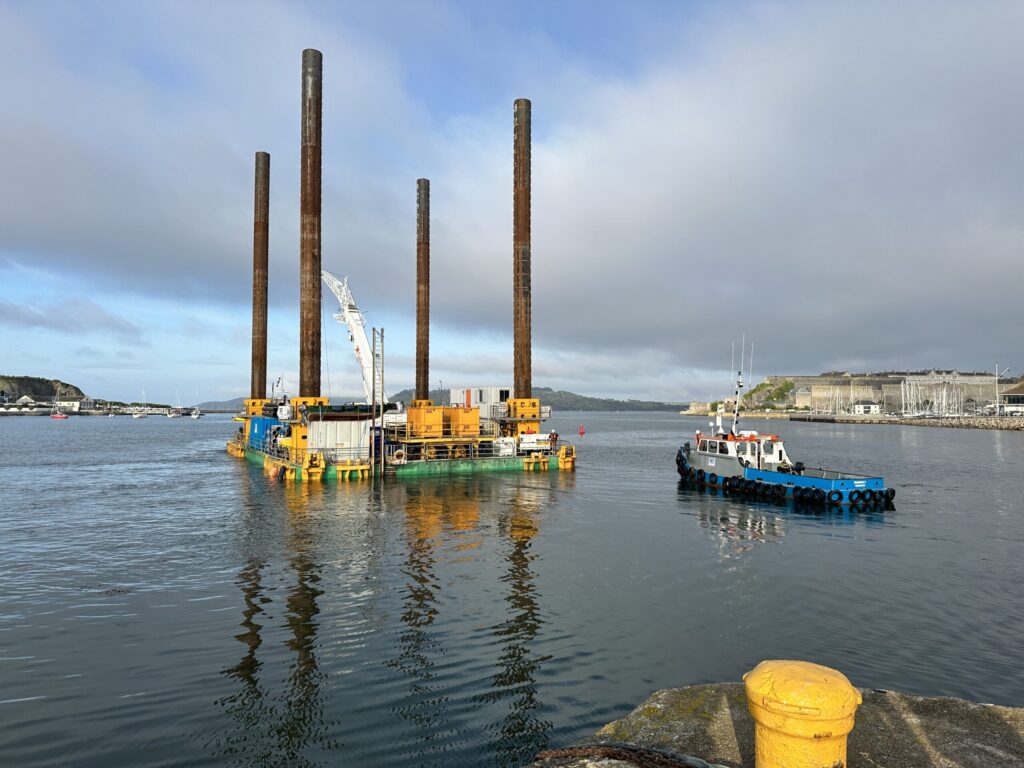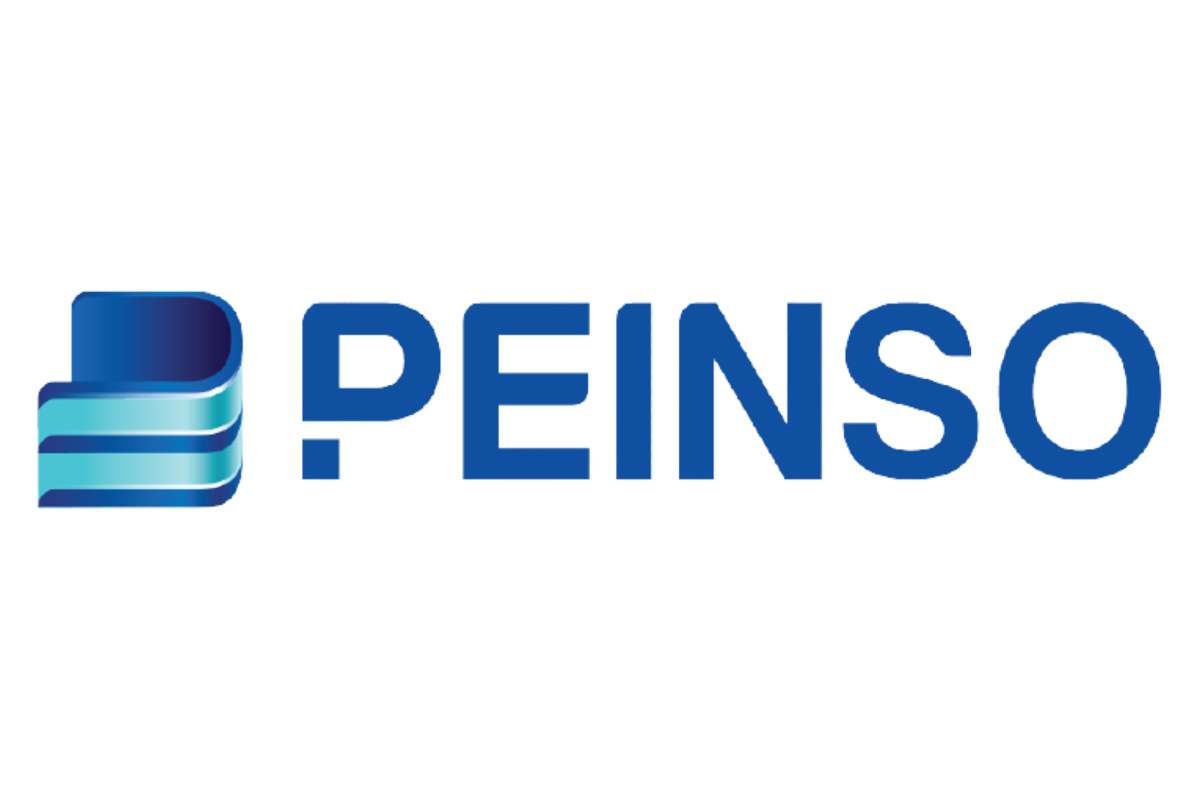Blogs
Revolutionizing Marine Surveying with Advanced Technology Introduction
Marine surveying is a critical aspect of oil and gas services, ensuring enhanced efficiencies and accuracy in marine operations. With the evolution of geotechnical services, modern technology has shaped the development of solutions that help improve data, reduce errors, and enhance appropriate decision-making. Companies specializing in offshore petroleum services are now leveraging automation and artificial intelligence to improve performance and understand the impact of technological advancements to stay ahead in a competitive industry.

How does artificial intelligence participate in marine survey activities
Artificial intelligence is very important in providing geotechnical environmental services due to the enhanced effectiveness and efficiency. The main benefits are:Automated data evaluation with artificial intelligence improves efficiency and speeds up the work done for the survey
Contributes to the analysis of data with artificial intelligence with the aim of extracting useful conclusions or information and knowing the cause or explanation of events that occurred in the past, or in order to improve events that will occur in the future and assist in the decision-making process.
Using long-haul flights and time-consuming searches to contribute to reducing the effort and quality of work
Mapping is done in real time with high-quality imaging using drones for automated surveying to contribute to reducing the effort and quality of work
To sell unwanted things in your job. (such as dirt, poison oak, etc.)
Increasing the ability to be creative and involved, long-haul surveying has become a modern standard.
With direct georeferencing, post-job times can be reduced and there is no need to use geographic control points and analyze geotechnical data through operational survey and evaluation
More experience and success Advanced geotechnical selection service tasks are performed with the help of machine learning algorithms.
Using AI in Marine Surveying:In marine surveying, AI is an essential element, helping to ensure data accuracy, eliminate human error, and improve efficiency. AI is often integrated with marine surveying in the following ways:
Geotechnical data analysis and auditing: AI systems enable rapid, high-quality and accurate analysis of geotechnical data, making it possible to solve problems long before they become real problems.
Using robots: We deploy robots in underwater surveys where submarines cannot reach
Developing threat prediction systems: AI systems can enhance marine safety by predicting potential hazards
AI is becoming a core focus of geotechnical environmental service, making performance more efficient and with less error


Integrated AI in Marine SurveyingAI plays a pivotal role in the development of marine surveying, helping to improve data identification, cause and human error. Some of its most important applications in this field are:
Geotechnical data analysis: Companies use AI technologies to analyze geotechnical data quickly and accurately, enabling potential innovations to be discovered before they occur.
Using intelligent robots: so that humans can access them.
Developing systems that predict risks: Intelligent systems help identify many risks before they occur, leading to maritime safety standards.
This leads to the integration of AI and geotechnical social services to improve cost reduction.
Using AI in Marine Surveying
In marine surveying, AI is an essential element, helping to ensure data accuracy, eliminate human error and improve efficiency. AI is often integrated with marine surveying in the following ways:
Geotechnical data analysis and auditing: AI systems enable rapid, high-quality and accurate analysis of geotechnical data, making it possible to solve problems long before they become real problems.
Use of Robotics: We deploy robots in underwater surveys where submarines cannot reach
Development of Threat Prediction Systems: AI systems can enhance maritime safety by predicting potential hazards
AI has become a key focus of geotechnical environmental service, making performance more efficient and less error-prone
The Role of GIS in Marine Surveying
In the field of marine surveying, GIS has now become a mainstay for the effective management and analysis of geographic data.
The oil and gas industry uses this technology to:
Mapping of marine structures: GIS enables the creation of high-quality geographic maps of marine areas, which greatly assists in planning and mapping
Evaluating environmental data: This study enables the implementation and formation of ocean-related projects without compromising the environment.
Improving project quality and reducing risks: Geographic data, if focused on correctly, increases operational efficiency while reducing risksPetroleum marine logistics services are constantly being developed by oil and gas companies around the world through the use of GIS.
Conclusion:
Technology has revolutionized the field of marine surveying, making oil and gas services more brilliant, as artificial intelligence, geographic information systems and automation have contributed to enhancing operations and reducing costs. Adopting these innovations will enable companies specialized in geotechnical environmental services and petroleum marine services to maintain their competitiveness and adapt to future changes in this vital sector.

